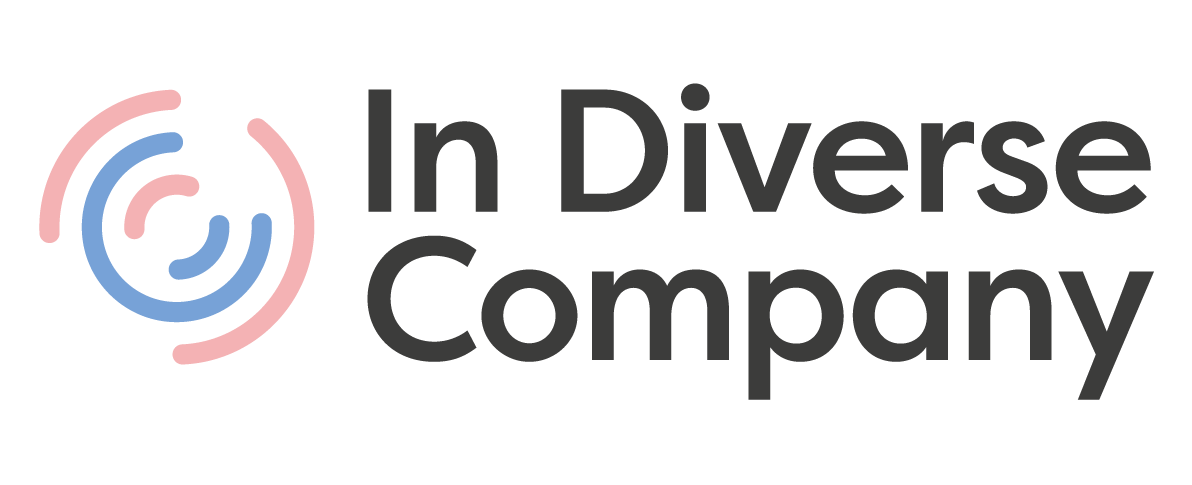By Manasi Bharati, Psychology/Content Consultant
What is soft work?
Till this date we have heard of hard work and hardworking people, but recently I came across an article that spoke about something called as soft work. Soft work as a concept has been earlier used since the 17th century to define any sort of work or job that requires little or no effort and causes no discomfort. But this got me wondering about what we really mean by soft work and if it even exists in today’s world of work.
In an article titled, “Hard Work Isn’t the Point of the Office”, American author Derek Thompson talks about the casual informal talks and connections at work which he refers to as the ‘soft work’ and considers it to be the most important part of any office. On the other hand, simultaneously, he also tries to refute the importance of soft work and substantiates this claim by evidencing some research around the harms of excessive collaboration at work. Raising this concept in a post-pandemic world is quite interesting since the scope for “soft work” in offices has been reduced. Soft work refers to anything that involves connecting and networking with people at work but based on non-work-related stuff. This can mean getting a coffee with a co-worker, having conversations by the pantry, making plans for outings or sport matches, or catching about the events at home. The pandemic reduced the scope of such socialisation drastically with offices shutting down and most of the employees working remotely.
So what does this mean?
The impacts that the lack of social interaction caused by the pandemic lockdown were two-fold. One was the positive one where organisations saw productivity rise when the office interactions or soft work dipped while the other one was the negative one where loneliness and miscommunication increased leading to creation of siloes within organisations. The COVID-19 pandemic caused a rapid shift across the globe for all sorts of work and workers. For the white-collar jobs in the tertiary sector, this meant moving to working remotely full-time. A study on American employees at Microsoft concluded that remote work led to separation of networks and breaking down of the communication network with more people feeling and being left out of information loops. Moreover, the concepts of in-group and out-group were further strengthened due to increased frequency of communication within close team members (like those working within the same teams) and decreased frequency of communication with outside team members (like colleagues from different departments).
Collaboration and inclusion in the workplace through soft work (or simply put, interaction with colleagues) can lead to a reduction in discrimination and inequity, and also levels of fatigue among the employees. Such interactions also have the potential of enhancing the engagement and motivation levels, productivity and work performance. Knowing your colleagues in person or something about them as individuals more than just colleagues or employees allows you to be more open and feel psychologically safe to share ideas with rather than just being another black square on the computer screen or a job title. Such a connection can lead an overall improvement in employee health & wellbeing and also lead to a higher success rate at work and as well as life. But at the same time, it is quite possible to face a collaboration ‘overload’ which has an equal chance of happening when at work in person or while working remotely as well. This may leave you with not enough time for focused individual work or reflection, and may also reduce your productivity.
The final verdict
Looking at the pros and cons of collaboration, it is essential to maintain a balance between the adequate amount of collaboration and excessive collaboration. Derek himself is unable to reach on a conclusion whether collaboration is overall good or bad, and if soft work is needed or not needed. Having too much of communication is not good, as well as having not enough of the communication is also not good, both for the productivity as well as the well-being of the employees and of the organisation. Also, I don’t think that direct terming these conversations as ‘soft work’ is the most appropriate term for having interactions and building relationships with your colleagues. Social interactions are a part of human life, and also of your work. It is not an additional responsibility, rather just a social need more than a social convention. To avoid making your relationships at work static and siloed, there need to be more bridges in order to connect with the necessary information and leave out the information which is not needed to be known by everybody. Not involving all of the team members to make a decision when their opinion is not needed can save a lot of time and effort for everybody involved. On the other hand, when needed, everybody’s opinions concerned with and being affected by that decision should be included. The concept of soft work is thus redundant and individuals should be left on their own to decide when and how frequently do they want to connect with their coworkers, and what do they do in their free time – whether it is to chat, to network, to interact, to gossip or to just reflect on their own – as long as they are able to do their assigned and expected task at work.
Liked this article? Share it with your network:






